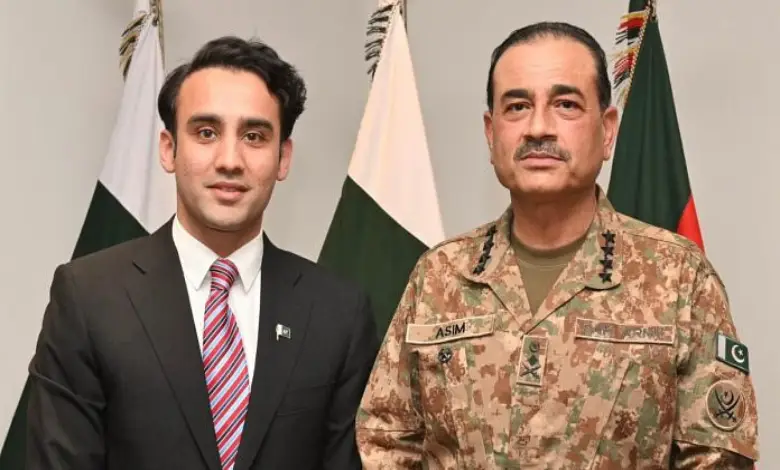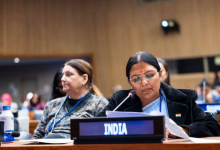Why is Pakistan Going All Out on Crypto? And What Trump Has to Do With It

Pakistan has launched an aggressive cryptocurrency initiative as the economically struggling nation seeks new avenues for growth beyond traditional IMF assistance. The government recently established the Pakistan Digital Asset Authority (PDAA) to regulate digital currencies and blockchain technologies, upgrading from a previously formed Crypto Council.
In a notable development, Pakistan has formed a partnership with World Liberty Financial (WLF), a cryptocurrency venture connected to President Donald Trump’s family. The collaboration aims to help Pakistan develop blockchain infrastructure, tokenize assets, and receive guidance on crypto industry practices, though specific details of the agreement remain undisclosed.
Massive Crypto Adoption Drives Policy Shift
Pakistan already boasts approximately 20 million cryptocurrency users, significantly surpassing the 420,000 individuals who participate in traditional capital markets. This widespread adoption has positioned Pakistan among the world’s top 10 nations for cryptocurrency trading volume.
The newly formed PDAA, headed by Bilal Bin Saqib a Forbes 30 Under 30 honoree and MBE recipient represents Pakistan’s effort to formalize and regulate its thriving crypto ecosystem. The Pakistani-British entrepreneur’s appointment demonstrates the country’s commitment to aligning with global digital asset trends.
Major international cryptocurrency platforms, including Binance and Stacks, have expressed interest in Pakistan’s market. The government is also allocating electrical power resources for data centers to support cryptocurrency mining operations and artificial intelligence development.
Saqib’s mandate includes establishing a Financial Action Task Force (FATF)-compliant regulatory framework, launching Bitcoin mining operations, and integrating blockchain technology into governmental and financial systems.
Policy Questions and Concerns
Policy analyst and Pakistani AI expert Hussain Nadeem has raised critical questions about the cryptocurrency initiative’s governance structure. In social media posts, Nadeem questioned whether Pakistan has developed a comprehensive white paper for crypto advancement, the extent of military and governmental oversight, and whether public consultations occurred following the Trump company partnership.
Industry expert Ali Farid Khwaja, chairman at KTrade Securities, expressed optimism about the collaboration. “The founders of WLFI recently visited Pakistan and expressed strong interest in supporting our crypto ecosystem. With their stablecoin valued at over $2 billion, WLFI is a significant global player,” Khwaja stated.
Geopolitical Implications
The partnership has attracted international attention for its potential geopolitical ramifications. An analysis in The Economist suggested that some Indian observers view the US-Pakistan crypto agreement as Pakistan’s strategy to cultivate favor with the Trump administration.
Texas-based logistics company Fr8Tech made headlines by pledging up to $20 million to purchase $TRUMP, a cryptocurrency launched by Donald Trump. The firm, which has connections to World Liberty Finance, has also committed to assisting Pakistan with blockchain product development.
Critics worry that cryptocurrency’s association with partisan political figures could damage its broader credibility and legitimacy within the financial sector.
Military Involvement Concerns
Nadeem has drawn comparisons between the crypto initiative and Pakistan’s Special Investment Facilitation Council (SIFC), a federal investment body established in 2023 that operates under significant military influence, including 36 active military officers.
“The way this regime is approaching Crypto, it has unfortunately become a new con that has politics, not public good, as an end goal,” Nadeem wrote. “The regime has only ONE interest in Crypto: Access to the Trump White House.”
Regional Strategic Considerations
Indian analysts are monitoring Pakistan’s cryptocurrency development closely. Distinguished fellow C Raja Mohan of the Council on Strategic and Defence Research noted in The Indian Express that Pakistan’s digital asset strategy represents a significant regional shift with potential geopolitical and economic consequences for India.
Despite concerns about governmental control, Khwaja remains optimistic about Pakistan’s cryptocurrency prospects. He noted that major global players including Binance, World Liberty Finance, cryptocurrency entrepreneur Justin Sun, and New York-based Stacks have all announced engagements with Pakistan since the Crypto Council’s formation three months ago.
“This surge of inbound interest from major global players is driving investment and prompting the government to actively facilitate regulations, aiming to position Pakistan as both a regional and global leader in crypto,” Khwaja explained.




